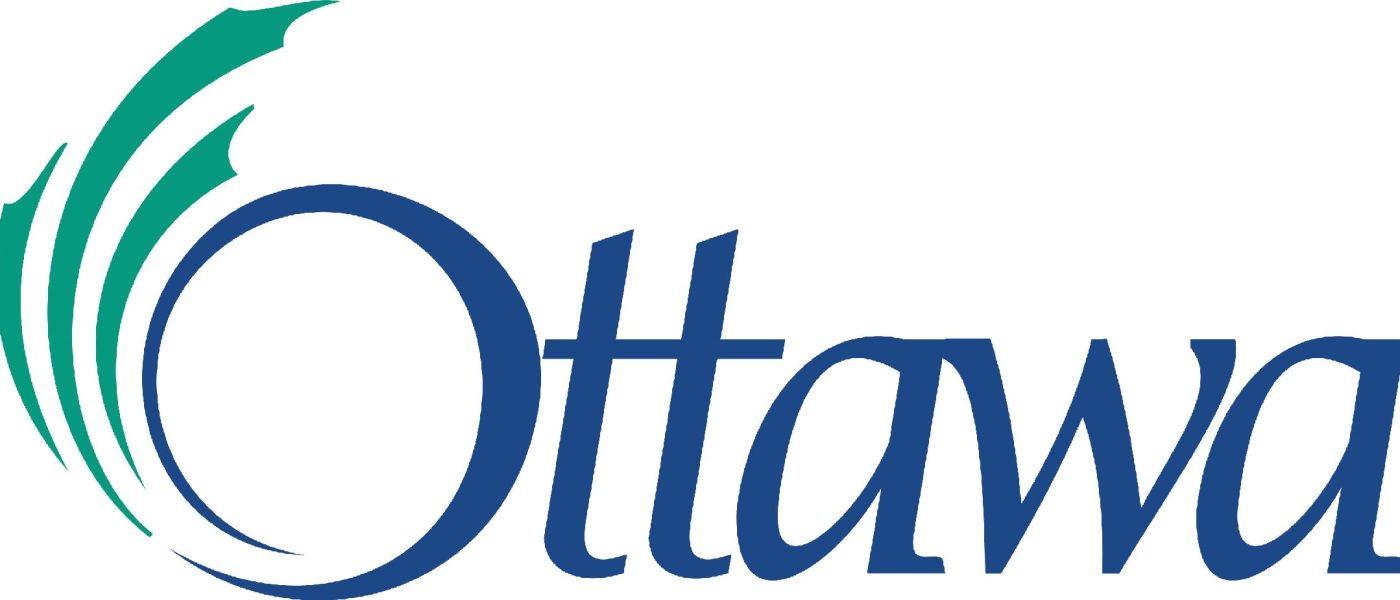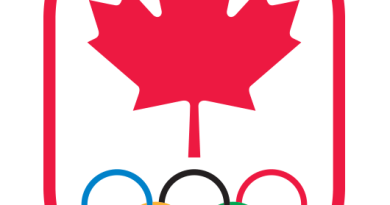West Nile Virus Confirmed In Area Mosquitoes
Ottawa Public Health (OPH) is reminding residents to protect themselves from mosquito bites and West Nile virus. Mosquito trapping and testing — components of Ottawa Public Health’s West Nile virus (WNV) prevention program — have confirmed the first positive mosquito testing pool by lab result. This is the first positive testing pool since the annual monitoring season began on June 1, 2024. Ottawa Public Health has also received lab notification of the first confirmed human case of West Nile virus infection in an Ottawa resident for the 2024 season. In 2023, there were no human cases in Ottawa and 54 in Ontario.
West Nile virus is an infection spread primarily by the northern house mosquito (Culex pipiens) that, in a small number of cases, can cause serious illness. Most people will not develop any symptoms if infected, but about 20 per cent may experience flu-like symptoms, including fever, headache, muscle aches and, possibly, a rash. The risk of more serious illness — occurring in less than one per cent of infections, in which WNV impacts the central nervous system — increases with age, with older adults, the elderly, and people with weakened immune systems being at higher risk.
Ottawa Public Health urges residents to protect themselves and their families from mosquito bites by:
Applying a Health Canada-approved mosquito repellent containing DEET or icaridin to exposed skin and clothing
Protecting yourself, especially between dusk and dawn, when mosquitoes are most active, and any time you are near shady, bushy, or wooded areas
Wearing light-coloured, tightly woven, loose-fitting clothing, such as long pants, a long-sleeved shirt, shoes and socks, to protect exposed skin
Making sure all windows and doors in your home have screens that are in good condition
Removing, or emptying once per week, standing-water sites around your home, such as bird baths, toys, flower-pot saucers, swimming-pool covers, old tires, wheelbarrows, buckets, and cans
Keeping all openings to rain barrels covered with screen mesh at all times
Ottawa Public Health has a proactive plan to help reduce the risk of West Nile virus, which includes weekly surveillance and mosquito larvicidal treatment of natural and human-made standing-water sites on City property, like ditches and stormwater management ponds. As part of this plan, Ottawa Public Health regularly applies larvicide in City-owned stormwater management ponds, roadside storm-sewer catch basins and private catch basins (by request) to reduce the mosquito population.






